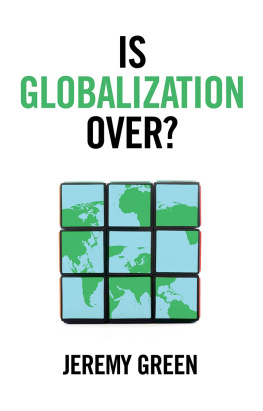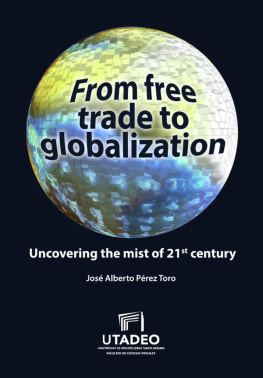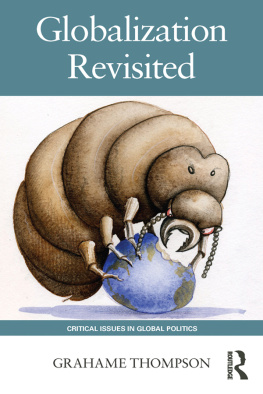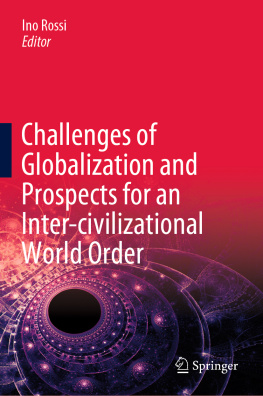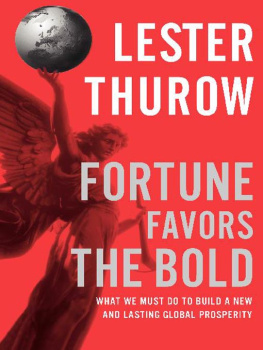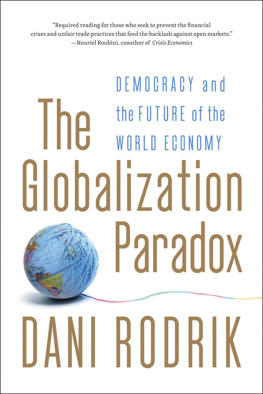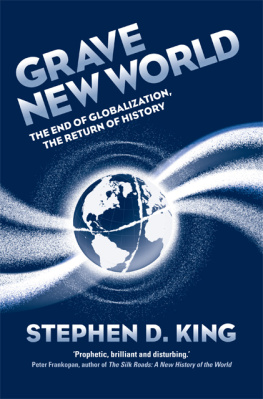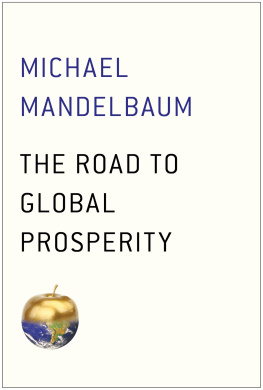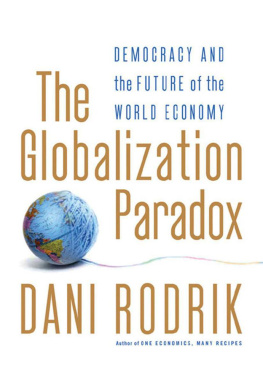
Is Globalization Over?
Jeremy Green
polity
Copyright Jeremy Green 2019
The right of Jeremy Green to be identified as Author of this Work has been asserted in accordance with the UK Copyright, Designs and Patents Act 1988.
First published in 2019 by Polity Press
Polity Press
65 Bridge Street
Cambridge CB2 1UR, UK
101 Station Landing
Suite 300
Medford, MA 02155, USA
All rights reserved. Except for the quotation of short passages for the purpose of criticism and review, no part of this publication may be reproduced, stored in a retrieval system or transmitted, in any form or by any means, electronic, mechanical, photocopying, recording or otherwise, without the prior permission of the publisher.
ISBN-13: 978-1-5095-3546-0
A catalogue record for this book is available from the British Library.
Library of Congress Cataloging-in-Publication Data
Names: Green, Jeremy, 1985- author.
Title: Is globalization over? / Jeremy Green.
Other titles: Is globalisation over?
Description: Medford, MA : Polity Press, [2019] | Includes bibliographical references.
Identifiers: LCCN 2019014887 (print) | LCCN 2019017628 (ebook) | ISBN 9781509535460 (Epub) | ISBN 9781509535446 (hardback) | ISBN 9781509535453 (pbk.)
Subjects: LCSH: International economic relations. | International economic integration. | Neoliberalism.
Classification: LCC HF1359 (ebook) | LCC HF1359 .G7244 2019 (print) | DDC 337--dc23
LC record available at https://lccn.loc.gov/2019014887
The publisher has used its best endeavours to ensure that the URLs for external websites referred to in this book are correct and active at the time of going to press. However, the publisher has no responsibility for the websites and can make no guarantee that a site will remain live or that the content is or will remain appropriate.
Every effort has been made to trace all copyright holders, but if any have been overlooked the publisher will be pleased to include any necessary credits in any subsequent reprint or edition.
For further information on Polity, visit our website: politybooks.com
Acknowledgements
I have built up a number of debts of gratitude during the writing of this book. George Owers at Polity has provided consistent encouragement and engagement with the project. His editorial input was rigorous and honest, and forced me to sharpen or expand the arguments at several points in the book. I must also thank the reviewers of the book and everyone involved in the project at Polity for their time, effort and support. At Jesus College, Duncan Kelly has provided a constant source of intellectual curiosity and encouragement. And teaching my students at Jesus and Cambridge more broadly has been stimulating and inspiring. My family have offered their support and encouragement too. Finally, I have to express my deepest thanks to Solne. We met while I was writing this book. Since then, the inspiration, determination and warmth that you bring have only deepened my commitment to wrestle with the problems that are the subject of this book.
Preface
I began writing this book in the summer of 2018. It was an unusual summer in England. The English football team performed well in a major tournament. Weeks of endless sunshine sapped the grass of its colour. An unbreaking wave of heat slowed the normal pace of life. Shops across London sold out of fans as the high temperatures became unbearable. The weather was a daily challenge to my writing rhythms. But more than this, the extreme conditions offered a constant reminder of the deep changes going on in the world. The changing climate, more unstable, unpredictable, and extreme in its patterns than before, mirrored the sense of a political and economic world in flux.
All around us, the old certainties, from the comforting inconsistency of English summers to the onwards march of a more integrated world economy and the global ascendancy of liberal democracy, have seemed to give way over the past decade. The Global Financial Crisis of 2007/8 marked a turning point in the world economy. It signalled the end of a triumphant period of Western expansionism and shook confidence in the globalization project. Ten years after that crisis began, the political consequences are only now coming more fully into vision. From the rise of Donald Trump to Brexit and the deepening trade war between China and the US, global politics after the crisis looks and feels very different. And underlying all of these changes we can hear the quickening, deepening drumbeat of climate crisis. It is a sound that still seems all too inaudible to many of the worlds political leaders. But it is one that we will have to heed much more sharply if we are to salvage a positive future for our species on this planet. How we deal with the crisis of the world economy will be central to our prospects for tackling climate change. We can no longer credibly think about these two dominant problems of our age in anything other than the deepest of unions.
This book is my attempt to make sense of these changing times to try to gain a stronger foothold on a terrain that is shifting rapidly beneath our feet. While this has proved a cathartic effort in some respects, offering greater clarity where once there was only ambiguity, it has proved to be unsettling in others. It has forced me to look unflinchingly at the precariousness of our global condition. In writing this book my hope has been that it might offer the reader a clearer guide to understanding our times. I have aimed to do this by unearthing a deeper history of the ebbs and flows of the globalisation project, to show how the ideas and institutions that have guided it have developed, and to indicate how we might hope to change them for the better in the future. Knowing how to interpret the political and economic world of today is a matter of importance not only for specialists it is vital for everyone. In an age when our faith in democracy has been shaken and ominous political forces are rising to the fore, a proper sense of the fault lines and pressure points within the global economy can help us apply our collective energies more effectively to push for a better future.
The crisis of globalization
The collapse of the Berlin Wall on 9 November 1989 heralded the beginning of a new era for the global economy. The political disintegration of the Soviet Union that followed symbolized the defeat of socialist alternatives to market capitalism. New spaces opened for the untrammelled expansion of globalizing markets previously confined by Cold War divisions.
Globalization became the new buzzword of the social sciences, with vigorous discussion about its meaning, origins, and effects. Some saw the onset of globalization as an epochal shift towards a borderless world. These critics viewed globalization as a sharply polarized story of winners and losers.
This book does not replay the well-worn contest between rival interpretations of globalization. Instead, it offers a way of thinking about globalization tailored to rapidly changing times. You do not have to search far or hard today to hear talk about the end of globalization. The term deglobalization has begun to enter the popular lexicon. If globalization was the zeitgeist of the 1990s, then it is its antonym, deglobalization, that captures the troubled spirit of today. But how can we make sense of whether globalization really is over? This book explores the contemporary crisis of the world economy. It does so by adopting a longer view of globalization thinking about its past, present, and future.
To do this the book makes a simple but important distinction between globalization as a
Next page
